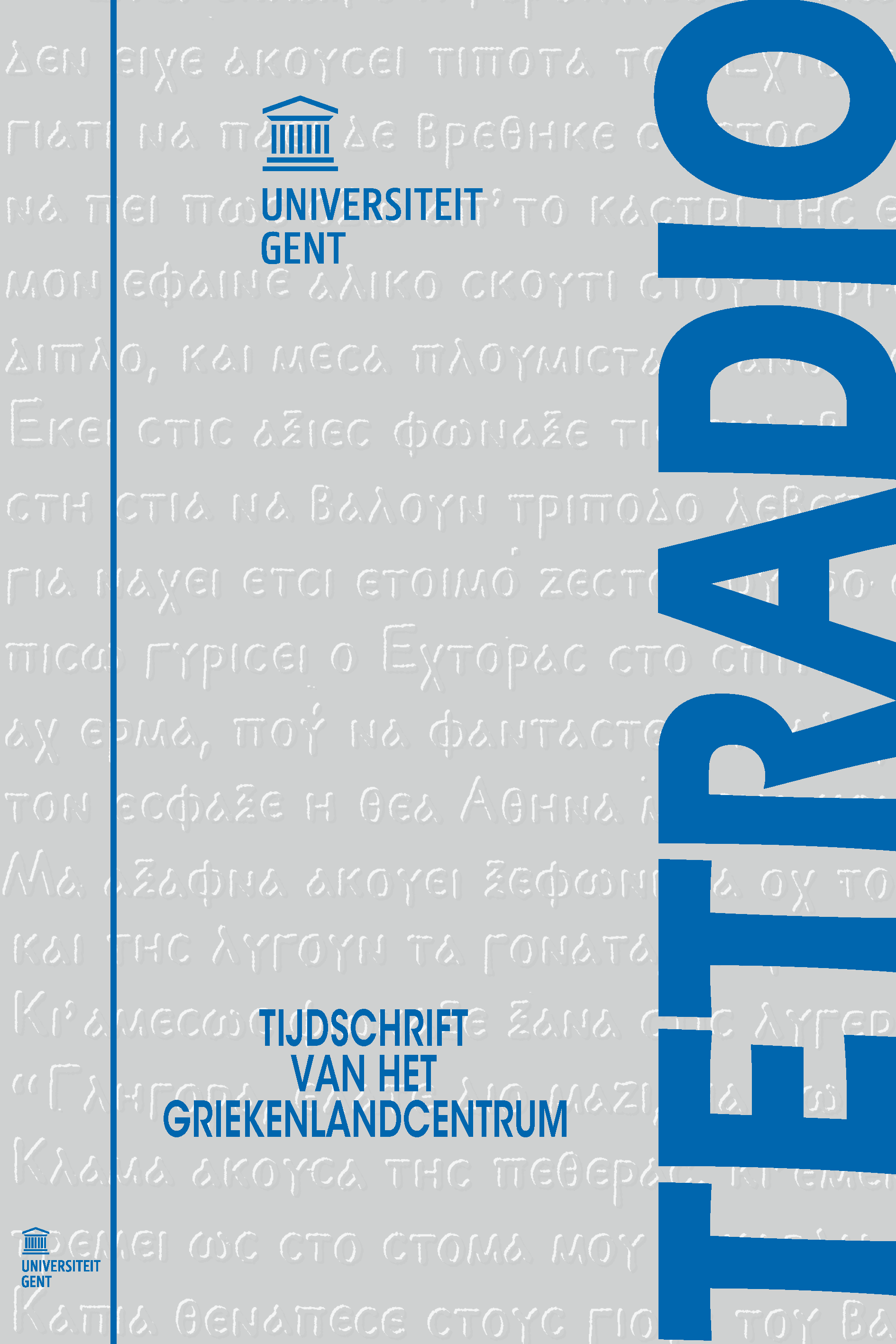Een geluksindex voor de oudheid?: Grieks-Romeins Egypte doorgelicht
- Katelijn Vandorpe
Abstract
For Greco-Roman Egypt we have exceptional material at our disposal. Papyri are like photographs, which allow us to take an honest glance at people’s private lives, but there is more: people’s private archives present a coherent film of a person’s or family’s lives over a longer period. Papyrologists discuss in great detail their names, habits, professions, taxes, the contents of their archives, but they hardly ask themselves: what made people happy in Greco-Roman Egypt? Whatwas important to them? The happiness or quality of life index is nowadays based on a specific set of indicators such as economic satisfaction, growth or prosperity, entrepreneurship, political participation, education, health, safety (national and personal), personal freedom (social tolerance, individual freedom) and social and family networks. To which degree can these indicators be applied to the evidence of Greco-Roman Egypt in order to give papyrological research a new impulse?This article focuses on the dominant indicators for happiness in Egypt, on new types of research questions in the domain of papyrology, and develops new suggestions for the evaluation of governmental policies in Greco-Roman times.
How to Cite:
Vandorpe, K., (2014) “Een geluksindex voor de oudheid?: Grieks-Romeins Egypte doorgelicht”, Tetradio 23(1): 3, 63–79. doi: https://doi.org/10.21825/tetradio.91834
Downloads:
Download PDF
View PDF
